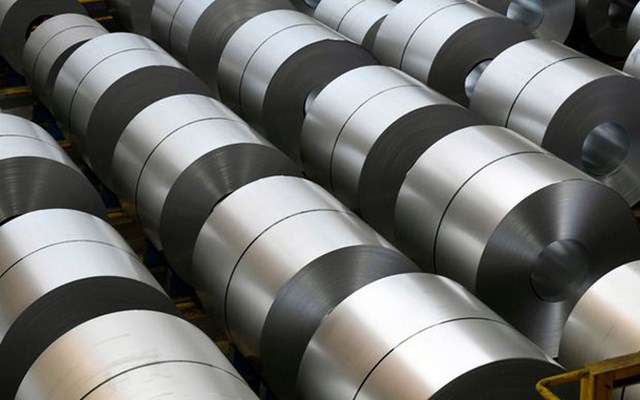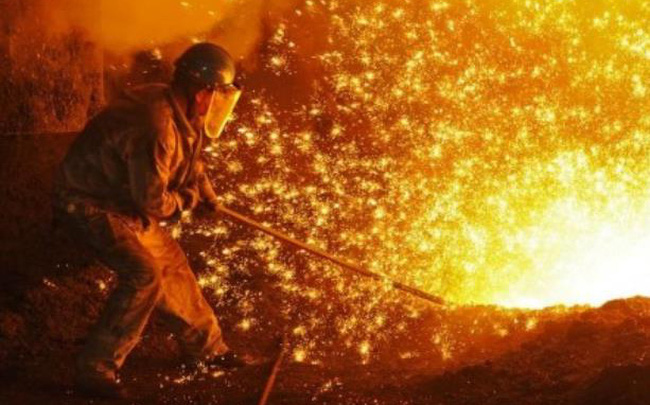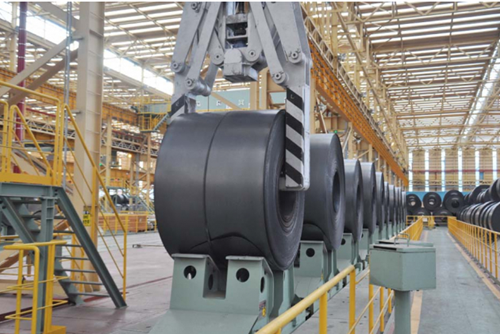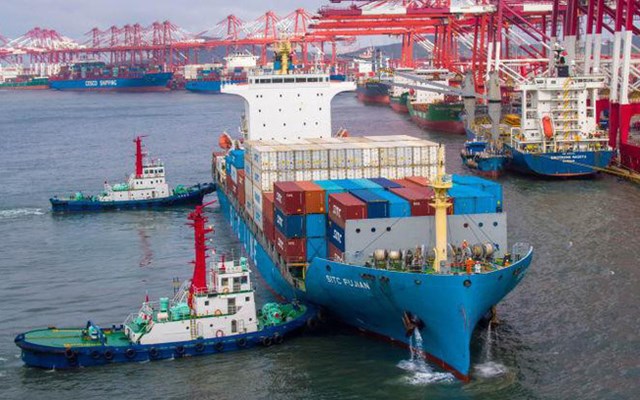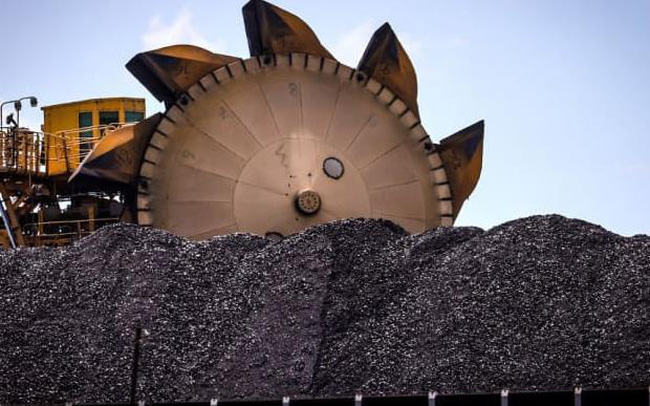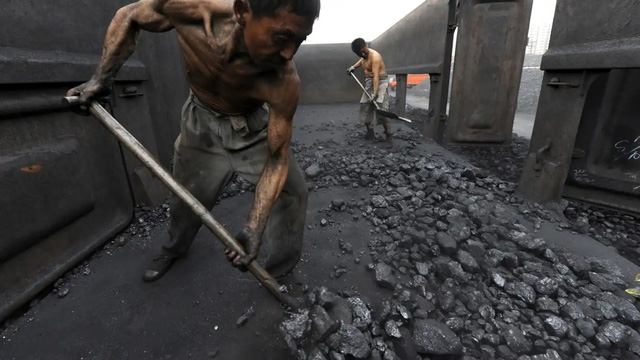An energy crisis is brewing in Asia, and if severe cold weather hits, global coal prices are likely to catch up with gas prices.
An energy crisis is brewing in Asia. Indonesia’s largest coal exporter suspends deliveries until the end of January 2022, and if the ban is extended or severe cold weather occurs, the global coal price will catch up with gas prices.
From ban to price hike
In Indonesia there is a rule that coal companies must spend at least 25% of their mining output for the domestic market at a price of 70 USD/ton.
However, according to the authorities, businesses have not fulfilled this request. As a result, the fuel reserves of power plants in Indonesia are reduced. So Indonesia banned coal exports until the end of this month and prices immediately skyrocketed.
In Europe, coal prices increased by 15%, to $135/ton, while coal prices in Asia went up to $197/ton.
In 2020, Indonesia exports about 400 million tons of coal to the world market. The largest consuming countries are China, India, Japan and South Korea, accounting for about 70% of exports.
For example, during January-November 2021, China imported about 178 million tons. Most power plants in China’s southeastern provinces use coal.
Indonesia even outperforms its main rival, Australia. According to preliminary estimates by Bloomberg, in 2021, Jakarta will sell twice as much coal as Canberra, which is 480 million tons. The reason is that China refuses to buy Australian coal for political reasons.
However, Canberra is currently unable to make up the shortfall in the market, as it has focused on the Indian, Japanese and Korean markets.
China has been compensating for the drop in supply with crude fuels from Russia and the US, but the US has little in the way of excess coal. In 2021, coal exports from the US increased by 30%, while domestic consumption increased by 18%.
It is too early to “wipe out” coal fuel
Coal is considered an obsolete resource. Developed countries have embarked on the decarbonization process.
However, the energy crisis that broke out last year showed it was too early to wipe out this type of fuel, as coal is a fuel that is not dependent on the weather, unlike solar panels and windmills. .
Coal is easier to transport than natural gas. Coal also does not need to build pipelines, liquefaction plants.
Therefore, currently the world market is frozen waiting until Indonesia’s supply will resume. First of all, there are countries in the Asia-Pacific region, where power plants mainly use coal.
Scarcity is threatening India and China with serious problems, just as it did last fall.
The reality is that it is not easy to find an alternative to this solid fuel in a short period of time. Mr. Ivan Belkin, General Manager of Label Home Inc, warned that an increase in the price of coal will cause the price of other energy sources to increase as well.
Furthermore, an increase in demand for liquefied natural gas in Asia will boost green fuel credit prices in Europe, which are already already high. The Sputnik interlocutor said that the prices of goods manufactured in Asia-Pacific countries will increase, but this is a very large share of the world commodity market.
Change the rules of the game
The most serious situation is in China. The country’s coal reserves will be enough to make up for the lack of imports, but only if the export ban from Indonesia at the end of January 2022 is lifted. Japan is also concerned. The Japanese government has asked Jakarta to allow the sale of high-calorie coal, as Indonesian power plants do not consume it.
In Jakarta, the reserves of local thermal power plants are increased. The export suspension has prevented a shortage of coal fuel. However, the authorities intend to change the rules of the game by increasing the supply required for the domestic market.
For Russia, which is an exporter of energy resources, the situation is beneficial. According to preliminary data from the Russian Ministry of Energy, in 2021, Russia exported 227 million tons of coal abroad, 7% more than in 2020.
Moreover, 129 million tons were sold to Asia-Pacific countries, only 50 million tons were sold to Europe. However, to increase exports to Asia, it is necessary to modernize and expand the railway infrastructure.
On the other hand, Indonesia’s cessation of coal sales is the trump card in Russia’s hands. “This opportunity can be used profitably within the framework of negotiations on the construction of a new route to China through the Siberian Power-2 gas pipeline,” said Ivan Belkin. In this way, it will create an alternative to coal.”
Chances are, an energy crisis could be avoided this time around. If Jakarta aggravates the situation, it will not be in their own interest.
Mr. Mark Goykhman, chief economist at TeleTrade information and analysis center, emphasized: “Indonesia is as dependent on exports as other Asian countries are on imports. And this country values its position




